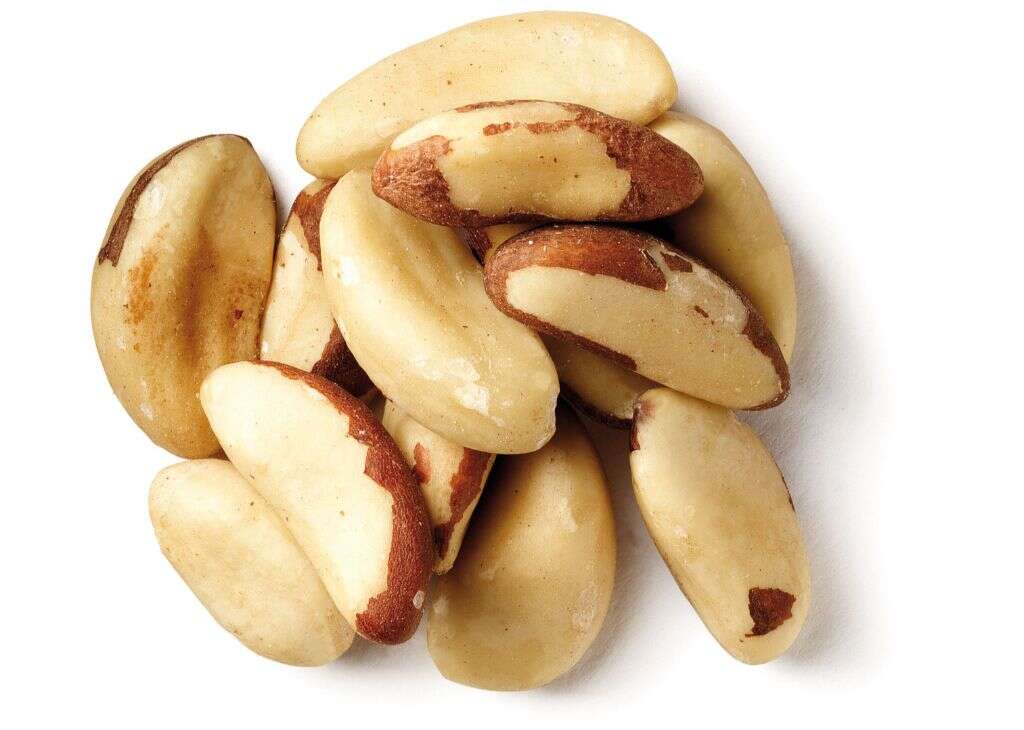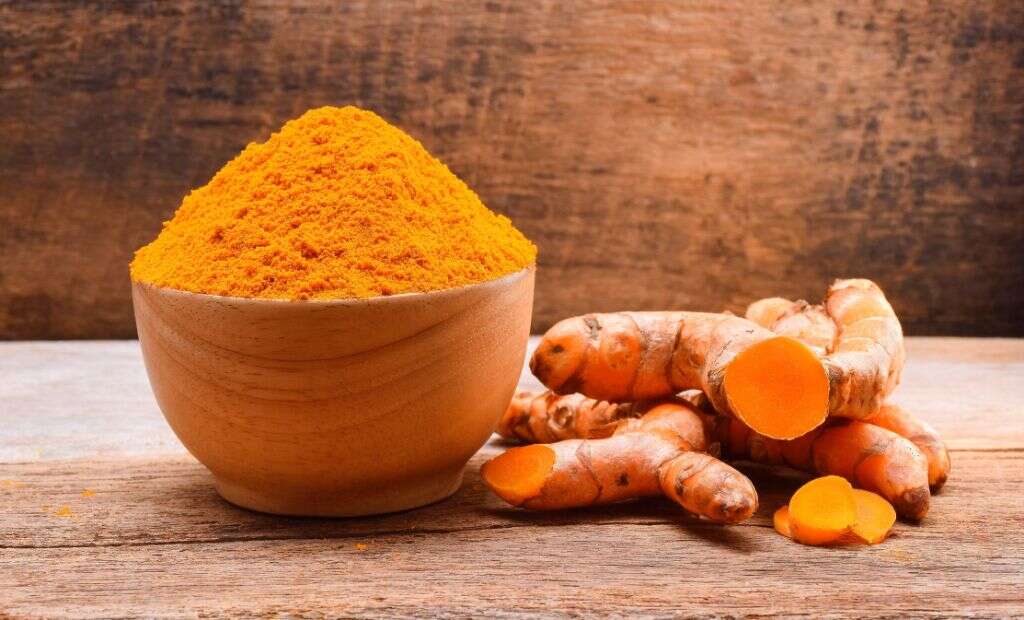10 Foods That Help Anxiety
Anxiety is an unpleasant emotion where there is inner turmoil. Those affected often display nervous behavior such as rumination, pacing back and forth, and various somatic complaints. Anxiety should not be confused with fear as fear is a response to an immediate threat while anxiety involves the expectation of a future threat. Those with anxiety have a feeling of worry and uneasiness, which is usually an overreaction to a situation perceived to be menacing. Most individuals with anxiety experience accompanying muscular tension, fatigue, restlessness, and issues with concentration. Although anxiety can be an appropriate response, when it is experienced regularly, it may be due to an underlying anxiety disorder. There are various types of anxiety such as existential anxiety, social anxiety, somatic anxiety, test anxiety, and stranger anxiety. When a person is in an anxious state, stress hormones are released that can have an impact on the bowel function. This can lead to the manifestation of various physical symptoms and result in issues such as irritable bowel syndrome. Anxiety is often seen among individuals with obsessive compulsive disorder.
Anxiety disorders refer to a group of disorders where there is significant fear and anxiety. Anxiety disorders are believed to be due to a combination of environmental and genetic factors. It is also more common among those with a history of abuse, family history of mental disorders, and poverty. Anxiety disorders usually occur with other mental disorders such as personality disorder, major depressive disorder, and substance use disorder. Diagnosis requires the presence of symptoms for a minimum of 6 months. Left untreated, anxiety disorders usually remain. Management includes counseling, lifestyle changes, and the use of medications like benzodiazepines, antidepressants, and beta blockers.
It has been estimated that about 12 percent of the population are affected by anxiety annually with 5 to 30 percent over a lifetime. Anxiety disorders are twice as common in females compared to males and usually begin before the age of 25 years old. Lifestyle changes such as exercise, regulating sleep, stopping smoking, and improving one’s diet can help with anxiety. Some of the foods that can help anxiety are discussed in this article.
Helpful Anxiety Food #1: Omega-3 Fatty Acids
Omega-3 fatty acids are polyunsaturated fatty acids. There are 3 types: alpha linolenic acid (ALA) can be found in plant oils while docosahexaenoic acid and eicosapentaenoic acid (EPA) can be found in marine oils. Fatty fish such as herring, salmon, trout, sardines, and mackerel are high in omega-3 fatty acids.
Recent research has shown that omega-3 fatty acids are important as they help with the regulation of neurotransmitters, promote healthy brain function, and reduce inflammation. A small study involving 24 participants found that omega-3 fatty acids can help reduce levels of anxiety. The current recommendation is to eat two servings of fatty fish every week.
Helpful Anxiety Food #2: Brazil Nuts
Brazil nuts contain 14 percent protein, 12 percent carbohydrate, and 66 percent fat. They have a high content of polyunsaturated fat with a majority of omega-6 fatty acids. They are also high in selenium that can help reduce anxiety as it improves mood by decreasing inflammation. This is important as an individual with a mood disorder such as anxiety has heightened levels of inflammation.
Selenium also has other benefits such as preventing cell damage as it is an antioxidant and cancer prevention. Other great sources of selenium include animal products, other nuts, mushrooms, soybeans, and vegetables. It is important not to consume excessive amounts of selenium as it can result in side effects. The current recommendation for adults is 400 micrograms per day. Besides selenium, Brazil nuts are also a good source of vitamin E, which can also benefit individuals with depression.

Helpful Anxiety Food #3: Pumpkin Seeds
Pumpkin seeds, or pepita, are an edible seed obtained from cultivars of squash or pumpkin. These seeds are usually asymmetrically oval and flat. They are rich in nutrients and calories as they have a high fat content (linolenic and oleic acid), dietary fiber, protein, and other micronutrients. They have also been used as an anti-helminthic in folk medicine by the Native Americans.
Due to their high content of potassium, they also help regulate blood pressure and electrolyte balance. Foods that are rich in potassium can help reduce anxiety. Besides potassium, pumpkin seeds are also a good source of zinc, which have been found to be essential for brain and nerve development. A study involving 100 participants reported that zinc deficiency can negatively affect mood.
Helpful Anxiety Food #4: Eggs
Eggs are a great source of protein as they are considered to be a complete protein. This means that eggs have all the essential amino acids needed by the human body for maintenance, development, and growth.
Eggs also contain tryptophan, which is crucial in the production of serotonin. Serotonin is a neurotransmitter that helps in the regulation of behavior, mood, memory, and sleep. Besides improving brain function, serotonin can also help reduce anxiety. Egg yolks are also a good source of vitamin D. Vitamin D deficiency has been linked to mood disorders such as anxiety and depression.

Helpful Anxiety Food #5: Dark Chocolate
Dark chocolate is chocolate that contains cocoa butter, cocoa solids, and sugar. However, the standards of what is considered to be dark chocolate may vary by country and market. Dark chocolate has a reputation of being healthier compared to other chocolates such as milk chocolate or white chocolate.
Experts have long believed that dark chocolate is beneficial for those with anxiety and stress. In 2014, a study reported that 40 grams of dark chocolate helped decrease perceived stress among their study participants. Other studies found that it helps improve mood. While there is no hard evidence due to most studies being observational, its anxiety and stress-relieving properties have been attributed to it being a rich source of polyphenols, particularly flavonoids, that may help reduce cell death, improve blood flow, and decrease inflammation in the brain. Dark chocolate also contains tryptophan, a crucial component in the production of serotonin.
Helpful Anxiety Food #6: Chamomile
Chamomile is a name used to describe daisy-like plants that can be used for traditional medicine or herbal infusions. It is currently being researched for its anti-anxiety properties. Globally, it is often used as an herbal remedy due to its relaxing, antioxidant, anti-inflammatory, and antibacterial properties.
There are some that believe its anti-anxiety or relaxing properties are due to the presence of flavonoids. There is also a recent study that has reported that while chamomile does not prevent new anxiety episodes, it helps reduce the symptoms of anxiety. Those who would like to try it can purchase chamomile from stores.

Helpful Anxiety Food #7: Yogurt
Yogurt is a food made through the fermentation of milk by bacteria. These bacteria are also known as yogurt cultures. When the lactose in the milk is fermented, it produces lactic acid, which in turn results in the characteristic texture and tart taste. Since cow’s milk is available globally, it is also the most commonly used milk to make yogurt. Other types of milk that can be used include milk from goats, mares, water buffalo, yaks, and camels.
The bacteria in yogurt are healthy as they are beneficial for gut health. There is increasing evidence showing that Lactobacillus and Bifidobacterium can have positive effects on the brain. A clinical review also reported that they may have an anti-inflammatory effect on the body. This can help with anxiety as some experts believe that chronic inflammation may contribute to stress, anxiety, and depression. Besides yogurt, other fermented foods such as kimchi, cheese, and sauerkraut may also have similar effects.
Helpful Anxiety Food #8: Turmeric
Turmeric is a plant from the ginger family. The rhizomes are gathered, boiled, and dried. This produces the deep orangish yellow color that is often used as a spice in many Asian dishes. It is studied in numerous researches for its anti-inflammatory properties.
One of the main active ingredients in turmeric is called curcumin that may help reduce anxiety by decreasing oxidative stress and inflammation that is often seen among those with mood disorders. In 2015, a study reported that curcumin helped reduce anxiety among their obese participants. Another found that it increases DHA and decreases anxiety.

Helpful Anxiety Food #9: Green Tea
Green tea is a type of tea that has not gone through the withering or oxidation process used in other teas. It contains phytochemicals such as caffeine and polyphenols. Despite many efforts in research to find evidence to support the health claims of green tea, there has not been any conclusive evidence. However, it is believed to help those with anxiety as it contains an amino acid known as theanine.
Theanine has calming and anti-anxiety effects. It may also help increase the production of dopamine and serotonin. In 2017, a review found that 200 mg of theanine can help reduce tension and increase calmness and relaxation.
Helpful Anxiety Food #10: Asparagus
Asparagus is cultivated as a vegetable. It is low in calories and sodium while being a good source of calcium, magnesium, vitamin B6, zinc, protein, dietary fiber, vitamin C, E, K, beta carotene, iron, phosphorus, copper, potassium, manganese, folic acid, selenium, and many more.
Asparagus may be beneficial to help fight anxiety as many studies dating back to the 1960s have reported that many of those with anxiety and depression suffer from folate deficiency. This is important as asparagus is a great source of folate and other micronutrients that can help reduce anxiety. One cup of asparagus helps meet 66.7 percent of the daily recommended value for folate. Asparagus can be steamed, grilled, or sautéed as a side dish or healthy snack.











